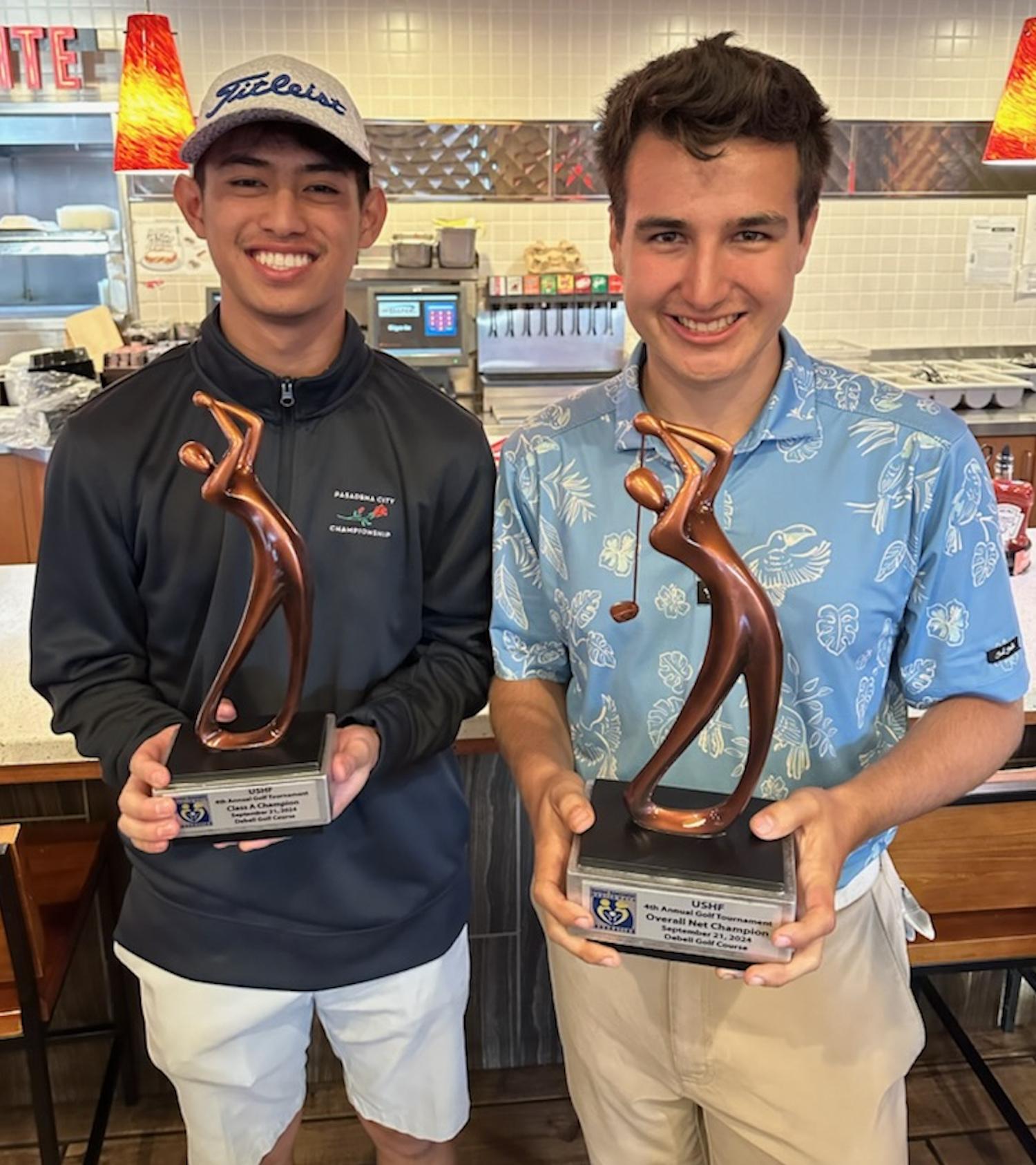

Under current Nevada law, trespassers and excluded players must still be paid if they win jackpots. But regulators are trying to change that and the Nevada Gaming Control Board (NGCB) held a workshop on the matter on Tuesday (24 September).
On Tuesday senior deputy attorney-general Mike Somps laid out a series of proposed rule changes regarding trespassers and excluded players. The changes involve the formation of a new regulation and an amendment to the definition of “patron”. Somps was tasked with formulating the new language after the NGCB held a separate workshop on the issue last October.
The new rule, Regulation 5.095, would lay out several provisions related to preventing bad actors from winning jackpots. According to Somps, these include:
- Establishing that trespassers or excluded persons are not entitled to winnings;
- A requirement for casinos to notify trespassers they will not be paid future winnings or be deemed a lawful patron for regulatory purposes;
- A requirement for casinos to return winning wagers placed by trespassers or excluded persons;
- Establishing protocols for rescinding trespass orders and reinstating patrons;
- A requirement for casinos to post messaging on the issue at entrances;
- A requirement for casinos to remove trespassers and excluded persons from marketing lists and disable any player accounts;
- A requirement for casinos to report such matters to the board;
- Preventing trespassers or excluded persons from invoking other clauses of the regulation as a defense; and
- A requirement for casinos to comply with the regulation to be deemed suitable.
Somps also said that the definition of “patron” in Regulation 7A would be amended to remove anyone who falls under the above provisions. Moving forward, the only recourse for claimants would be civil court rather than the board’s patron dispute protocol.
Ultimately the board took no action on the proposal. But members did confirm that they’re ready to include it on the regular meeting agenda for a vote in the near future.
Board applauded proposal, but still needs fine tuning
Overall, regulators were happy to hear the proposal and said it’s needed for operators and the state. But some language in Regulation 5.095 still needs to be ironed out. Board member Brittnie Watkins was curious how the changes would affect future disputes. Somps explained that claimants would still have the ability to complain to the board for disciplinary reasons. However, any monetary recourse would have to go through the court system.
Watkins also asked about what bets licensees would be obligated to return. After all, a trespasser or excluded player could play for several hours before being detected. Somps said that only the wager placed on the winning bet would be returned. Any losses would not be refunded.
This suggests that the regulation applies mainly to jackpots over the federal tax reporting threshold of $1,200. (£894.8/€1,073.5) Such winnings require a tax form, in which case the casino would realise the winner is not a lawful patron.
State wants to be fair to all, including trespassers
Board chair Kirk Hendrick pushed back on the requirement to post signage at entrances. He called the obligation “burdensome” and noted that there is already a lot messaging on most entrances.
“I doubt that trespassers take the time to stop and read the signs before they sneak into a property so I don’t know if it’s necessary,” he added.
Watkins posed the question of whether or not a patron is automatically barred from all of an operator’s properties or if it’s case-by-case. In response, a representative from Circa casino said his company will usually keep things property-specific but the worst offenders are barred from all three of its Las Vegas casinos.
The “unsuitable” clause also drew some attention. Board members argued that it is too broad and should be refined. There was also an emphasis on keeping a level playing field, even in the context of trespassing or exclusion.
“We need to be sure Nevada is looked at as fair to both sides – fair to the licensee, fair to the patron,” Hendrick said. “Even in the situation that they’re a trespasser, we can’t tip the scale to say ‘we’ll let you be a loser but we won’t let you be a winner’.”
Board currently overloaded with disputes
Hendrick and board member George Assad both noted that change is necessary to cut back on disputes. Currently, aggrieved gamblers can appeal directly to the board and request mediation hearings.
“I need to stress how much our hearing examiners are overworked with the amount of appeals going on,” Hendrick said. “The amount of gaming patron disputes going on is more than we can handle.”
He went on to note that the matter may need to be addressed in the state legislature. But in the interim, the rule changes would suffice. Currently, Hendrick said, regulators “absolutely don’t have the staff to handle more patron disputes”.
Changes inspired by Mesquite trespasser scandal
The issue of paying trespassers and excluded gamblers has been debated for years. But it reached a tipping point last year.
On 4 October, the board ruled in a split vote that Casablanca Casino in Mesquite was required to pay $2,045 in winnings to Rhon Wilson, a gambler who had trespassed at the casino six times across multiple years.
The casino was unsuccessful in its appeals, but the scandal became symbolic of the need to change the regulation. That was the impetus for the first workshop that gave birth to Tuesday’s proposal. Dick Tomasso, vice-president of security for Mesquite Gaming, owners of Casablanca, became the champion for the rule changes.
Tomasso was on-hand to thank the board on Tuesday. He called its efforts “unprecedented” and said it would be a boon to all of the state’s operators.







